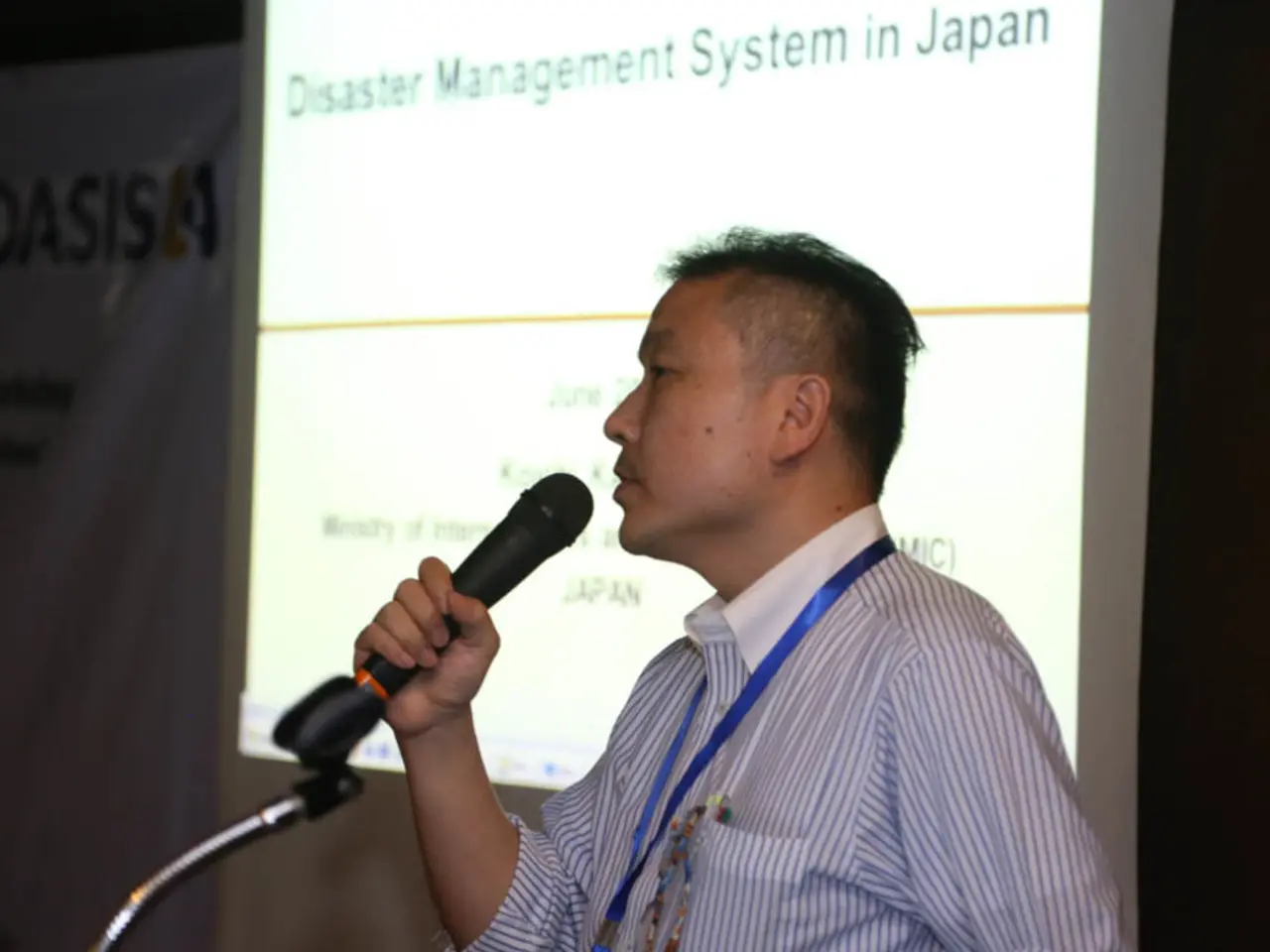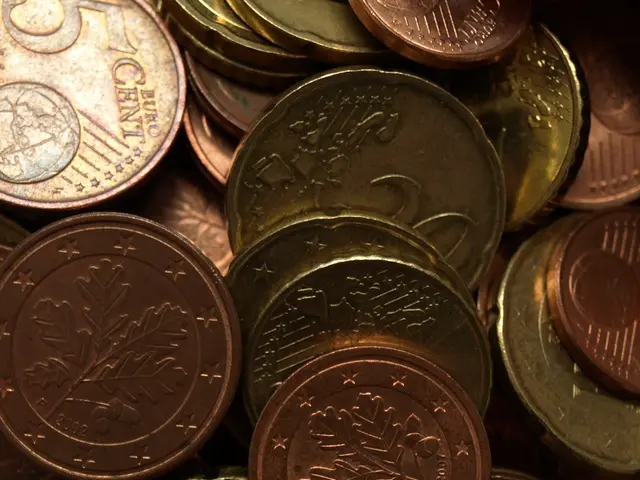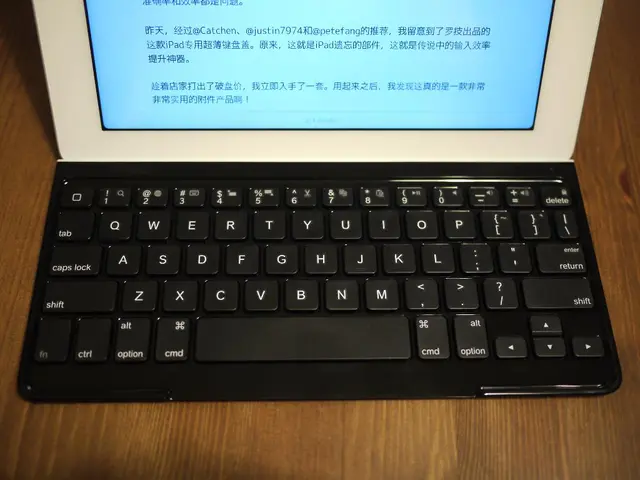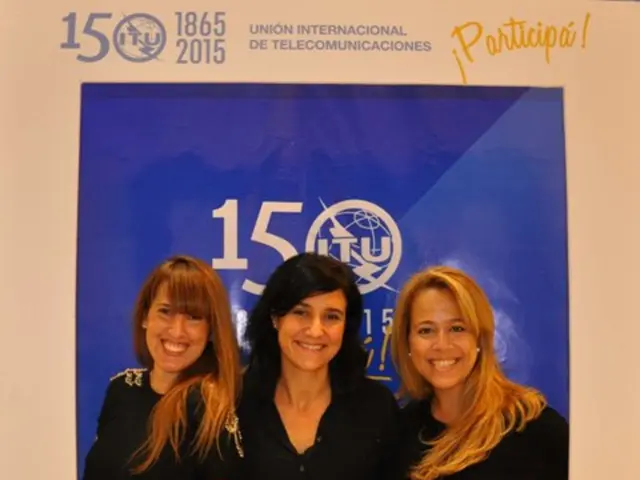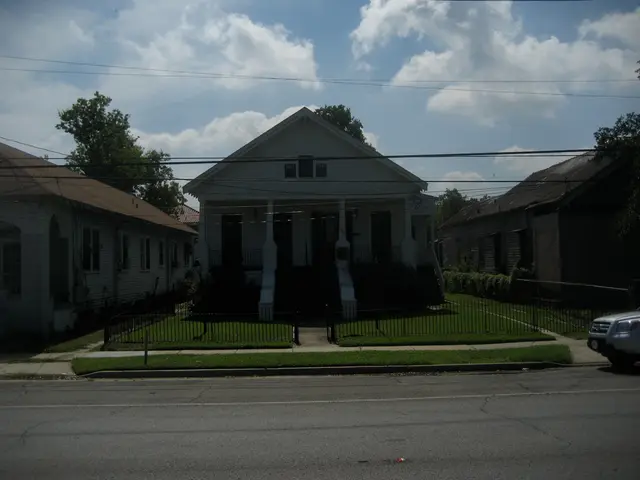Toyota and Fukushima Collaborate for a Cheerful Hydrogen-Powered Society
In the wake of the Fukushima Daiichi nuclear disaster, the community in Fukushima, Japan, has embarked on an ambitious mission to create a "hydrogen society." This initiative, involving the entire community, aims to replace fossil fuels with hydrogen as an energy carrier for transportation, industry, and power generation.
The region's focus on green hydrogen production using renewables such as solar and wind power has led to the establishment of facilities for hydrogen production and use, including hydrogen fueling stations. Fukushima serves as a testbed for technology to prove safety and scalability, with the goal of shaping a hydrogen society.
Meanwhile, in Tokyo, initiatives focus on urban hydrogen applications like fuel cell vehicles, hydrogen-powered forklifts, and renewable hydrogen fuel production technology. The city, serving as a large demand center, incorporates hydrogen technology into public transport and logistics.
Toyota, a pioneer in hydrogen fuel cell vehicles (FCVs), has played a significant role in these initiatives. The company's early efforts, such as the introduction of the Mirai model around 2010 and hydrogen infrastructure concepts like hydrogen highways, have set the stage for the current developments.
However, Toyota's strategy has evolved. By 2025, the company recognises challenges with scaling hydrogen infrastructure and the high costs involved. Toyota is now experimenting with hydrogen-powered forklifts and solar-powered factory lines in Japan, aiming to decarbonize manufacturing alongside promoting hybrids, battery electric vehicles (BEVs), and hydrogen fuel cell vehicles. This approach reflects a multi-pathway strategy to sustainability rather than relying solely on hydrogen.
Toyota's "Woven City," a prototype smart city at Mount Fuji, is a "living lab" to test and innovate future mobility solutions beyond hydrogen cars, indicating a more cautious and experimental stance on hydrogen's centrality.
Toyota also supports government and private sector green hydrogen initiatives and participates in partnerships promoting next-generation hydrogen fuel technologies aligned with Japan’s broader environmental goals.
The visit by Toyota Times News to Fukushima is for an update on the progress of these joint efforts. Fukushima Governor Masao Uchibori and Toyota Chairman Akio Toyoda have discussed their shared commitment to carbon neutrality for future generations.
Toyota's vision for a hydrogen society goes beyond just better carmaking and encompasses various mobile energy sources. The company's chairman, Akio Toyoda, envisions a future built upon smiles and gratitude.
Similar initiatives have been implemented in Tokyo, with hydrogen trucks being utilized for carbon-free logistics. Toyota's efforts extend beyond Fukushima, reaching as far as Australia. The goal remains to see a hydrogen society take shape due to purposeful passion and action.
[References] 1. Toyota's Woven City: A Smart City for the Future, Toyota Times News, Link 2. Toyota's Hydrogen Fuel Cell Strategy: A Multi-Pathway Approach, Green Car Congress, Link 3. Toyota's Hydrogen Fuel Cell Vehicles: A Review of Their Development and Future Prospects, International Journal of Hydrogen Energy, Link 4. Fukushima's Hydrogen Society: A Testbed for Green Energy Innovation, The Asahi Shimbun, Link 5. Japan's Green Hydrogen Initiatives: Toyota's Role and Future Prospects, The Japan Times, Link
- The initiative in Fukushima, Japan, focusing on creating a "hydrogen society" has led to collaborations with companies like Toyota, which are also venturing into hydrogen production for applications beyond vehicles, such as industry and finance.
- In Tokyo, where hydrogen technology is being incorporated into public transport and logistics, Toyota's vision for a hydrogen society extends beyond just better car-making, including exploring green hydrogen production and utilization in various sectors, such as technology and finance.
